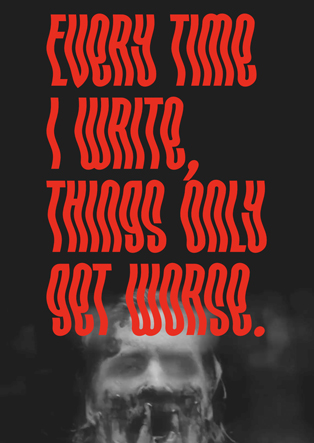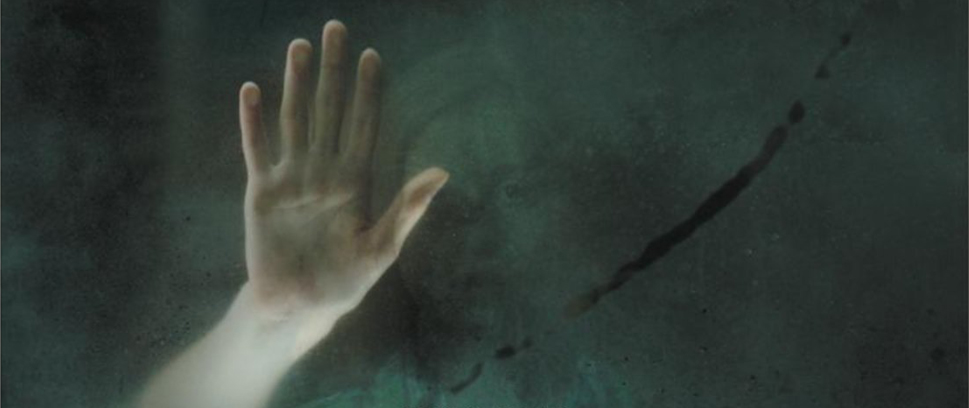
In Defense of the Wrong Record
Until Black Star, the closest I came to any active appreciation of David Bowie was Seu Jorge’s classical guitar covers in Portuguese for The Life Aquatic of Steve Zissou. It wasn’t exactly unfamiliar, Bowie’s music wafts through movies and radio at a regular clip and it’s not like I ever raced to change the dial. Labyrinth was a staple of my childhood, “I’m Afraid of Americans” got an immediate pass through the association with Trent Reznor, and I’ve previously written on the impact of Lost Highway’s soundtrack on my blooming ear, but I never really listened to Bowie’s work intentionally until Black Star consumed me with its stark confrontation of the artist’s looming death.
For my Bowie-obsessed friends, this is akin to sacrilege, or so I’d assume if I’d ever mustered the courage to confess such a personal shortcoming to them. Not because Black Star is an inferior album, but because most lifelong devotees might say it’s not the ideal record to start with. With a career as long and varied as Bowie’s, there’s bound to be peaks and valleys, and it’s not an uncommon experience with such a massive discography to find out that whatever random entry point you may have found and cherished (because of limited access to much else) was considered erroneous by other fans and critics.
I’m working my way backwards through Bowie now and it’s a compelling experience, though I’m not sure I’d recommend to another first timer. And obviously, appreciating music is an objective and frequently emotionally fraught experience anyway, especially earlier in life. We get attached to music because it’s there while we’re navigating our fraught hormones and tempestuous emotions, gravitating to that which speaks to us on a visceral level, but it’s not the kind of thing we can hammer into a search engine. It’s random, chaotic, and evolutionary, which is part of the magic.
As such, sometimes we roll into the “wrong” record first, and imprint on it hard. Such was my internal recollection of how I came to Mogwai’s Rock Action. This is the Scottish instrumental crescendo-core band’s third album, circa 2001, and first to crack the mostly vocal-free, quiet-loud-quiet kiln that they helped invent. It’s a lush, swooning record, full of instruments other than bass, guitars, and drums, including strings, horns, electronics, concise song structures, and vocals in English and Welsh. I bought it on vinyl, a format all but properly eulogized at that time, while putzing around in Las Vegas, and it backdropped most of my post-high school emotional growth for years.
My memory of this time and this record is of being told regularly that Rock Action was much weaker than Young Team. Friends decried it as schmaltzy, lacking the bombast and length they were known for, a weak effort best forgotten. I distinctly recall reading that the band themselves were quite down on it, refusing to play many cuts from it live and going almost as far as disowning the whole thing. But I found this album comforting and propulsive, a more dynamic journey that was easier to ride alongside without playing my own sound person with the volume knobs. It’s also their shortest, eight songs and just shy of forty minutes, an odd move from a band known to hammer down on a jewish spiritual for more than fifteen. I’ve tracked with Mogwai ever since, every album and soundtrack shifts and re-constructs itself in a variety of layers, but Rock Action has been the bedrock of my appreciation despite the hate I perceived.
It was interesting to discover then, with a little Metacritic research for this piece, that Rock Action was critically well received in most outlets. Now perhaps 2001 was still a little early to expect online album review to be the archival authority of music’s critical tide, with perhaps paper mags taking a more dour stance on it, but a Noisey interview with the band’s Stuart Braithwaite seems to also betray my memory. He lists it as number six of eight, which isn’t top tier but not quite the bottom, but also says that he really likes the record and suggests their biggest mistake was not releasing the almost entire extra album’s worth of material they recorded at the same time.
So maybe it was just a couple of close musical friends who spit on this one, and I merely transposed that to the wider critical reception. Regardless, the fact that this was the only Mogwai I had for a while and something that resonated with me from the start gave me an edge on outside influence. Few people would probably rate it as their number one album by this beloved and deafening institution, let alone suggest it as a starting point. But those kind of recommendations should be tailored anyways—if a band casts their wings wide enough, there’s a door for all tastes to sail in through. Rock Action may not have been the proper entry point, but it was the one I needed at the time I needed it, and I think for most appreciators of music, those are the factors that matter most.
Photo by August Brill on Flickr





